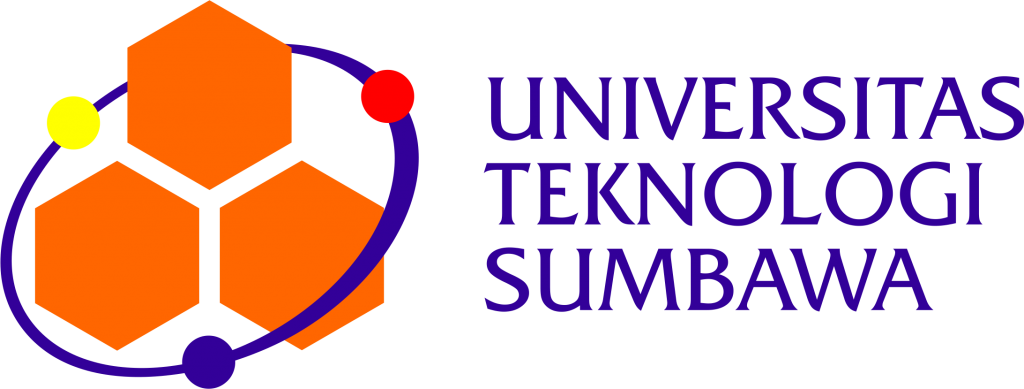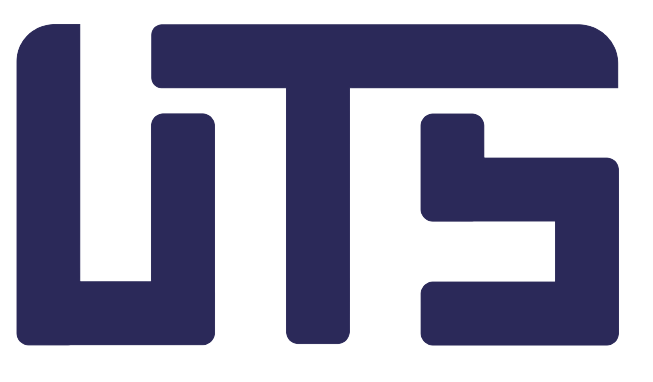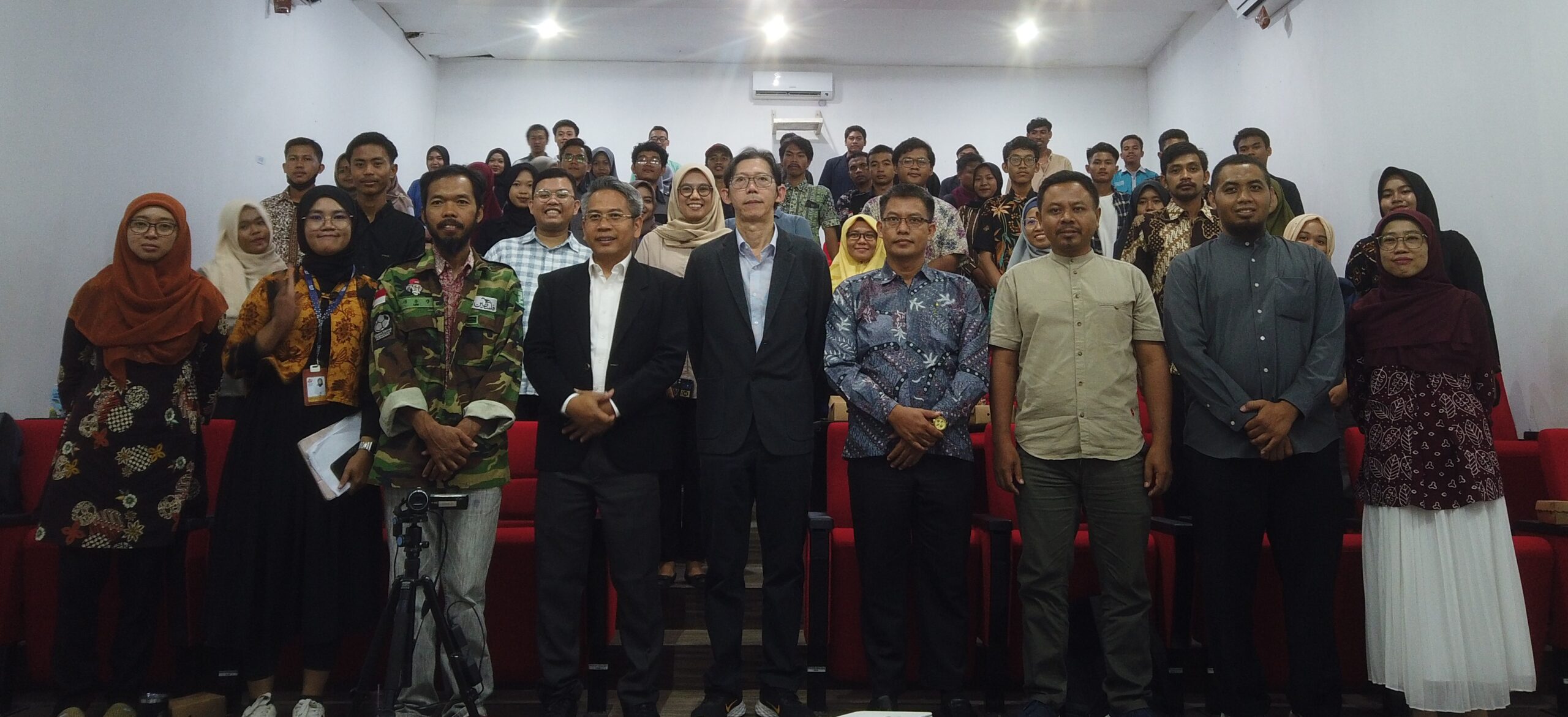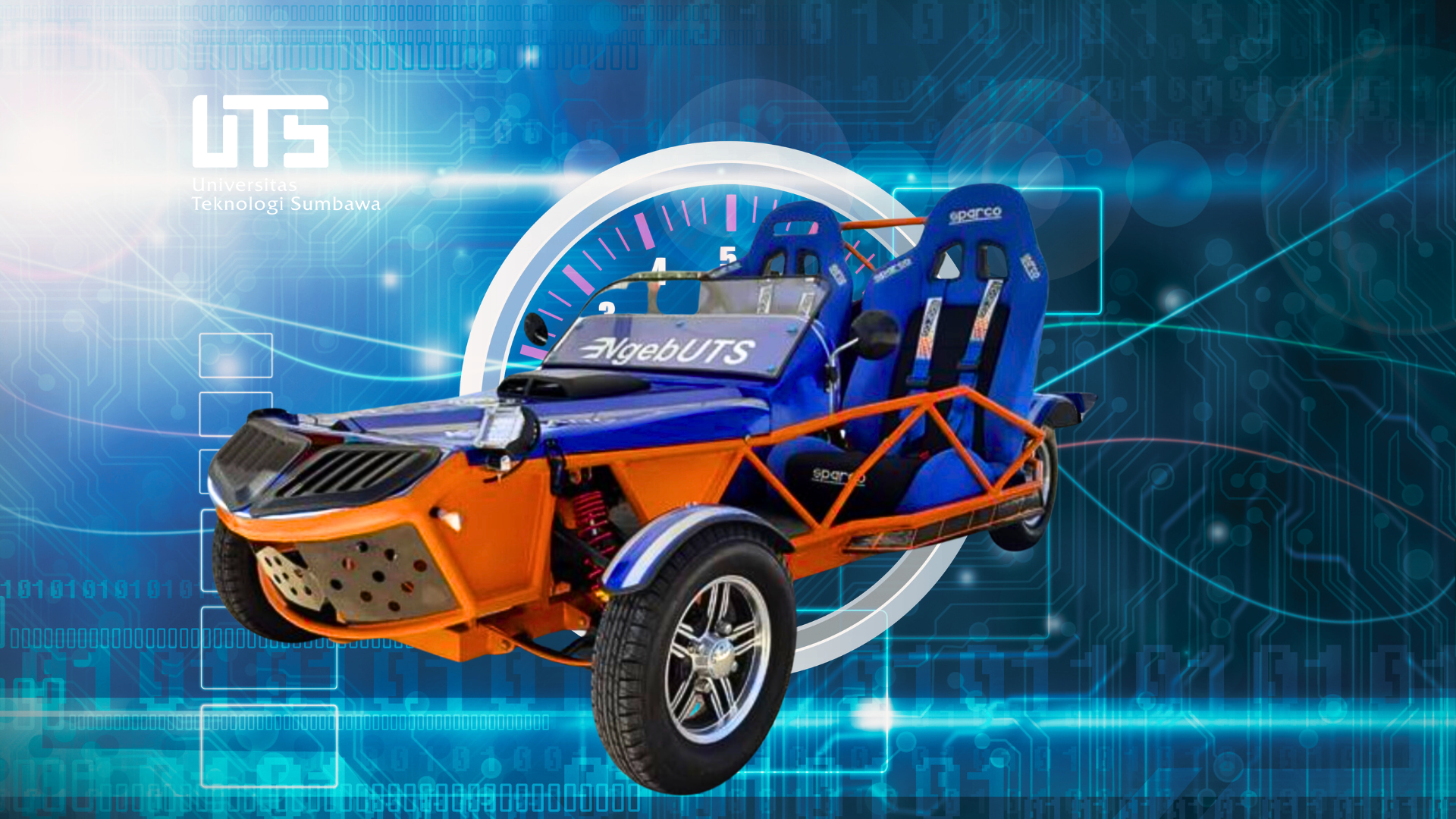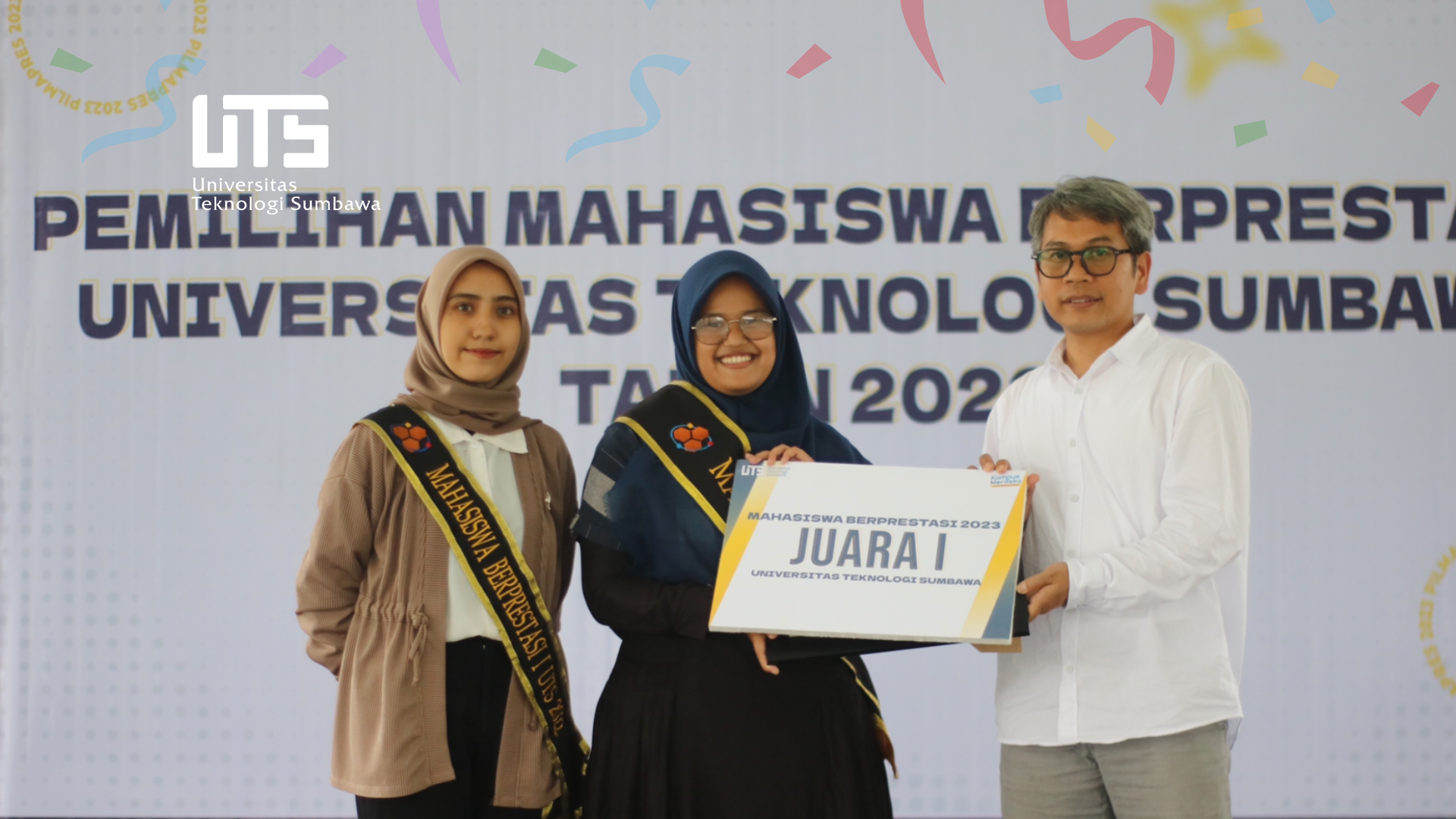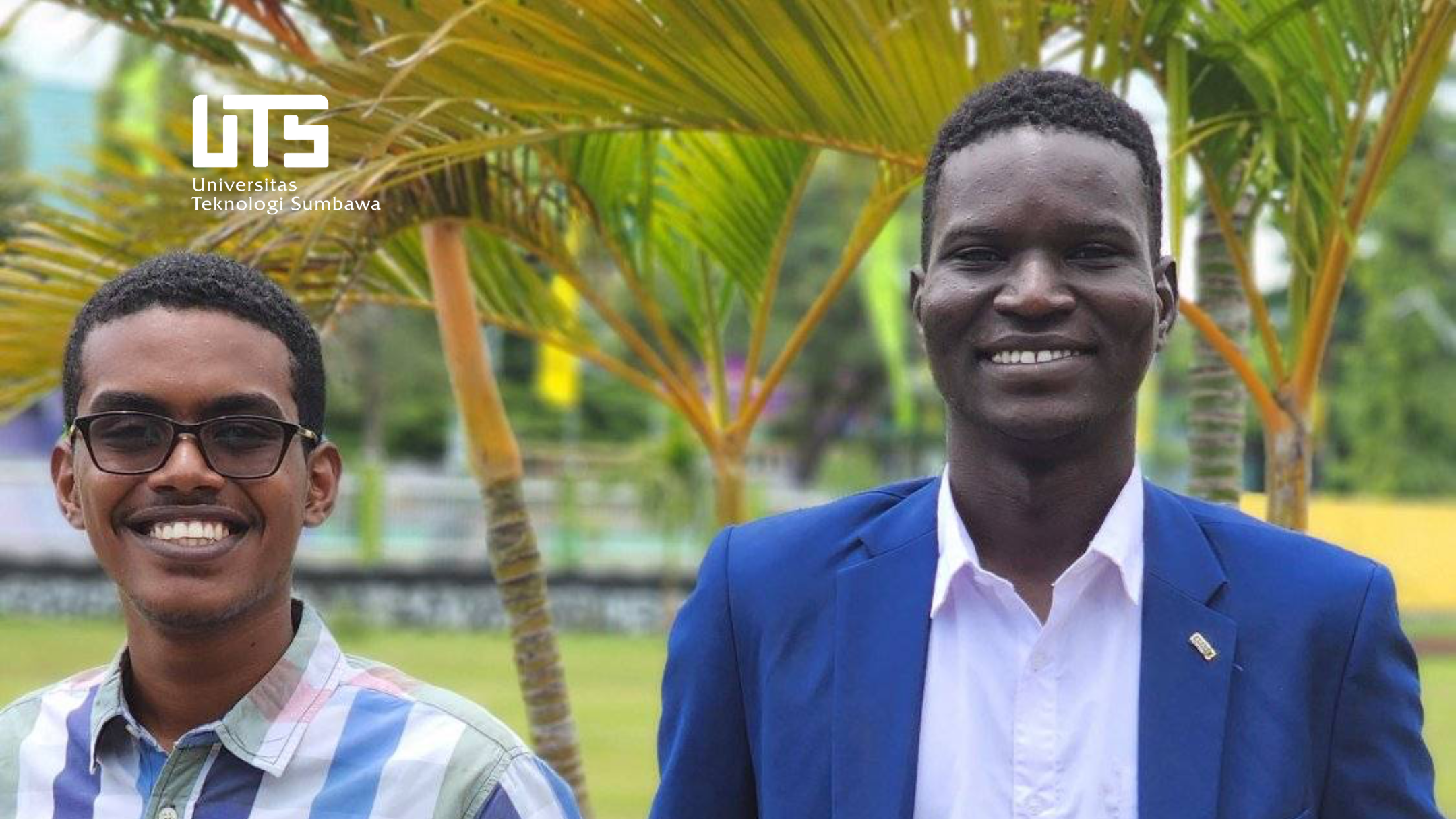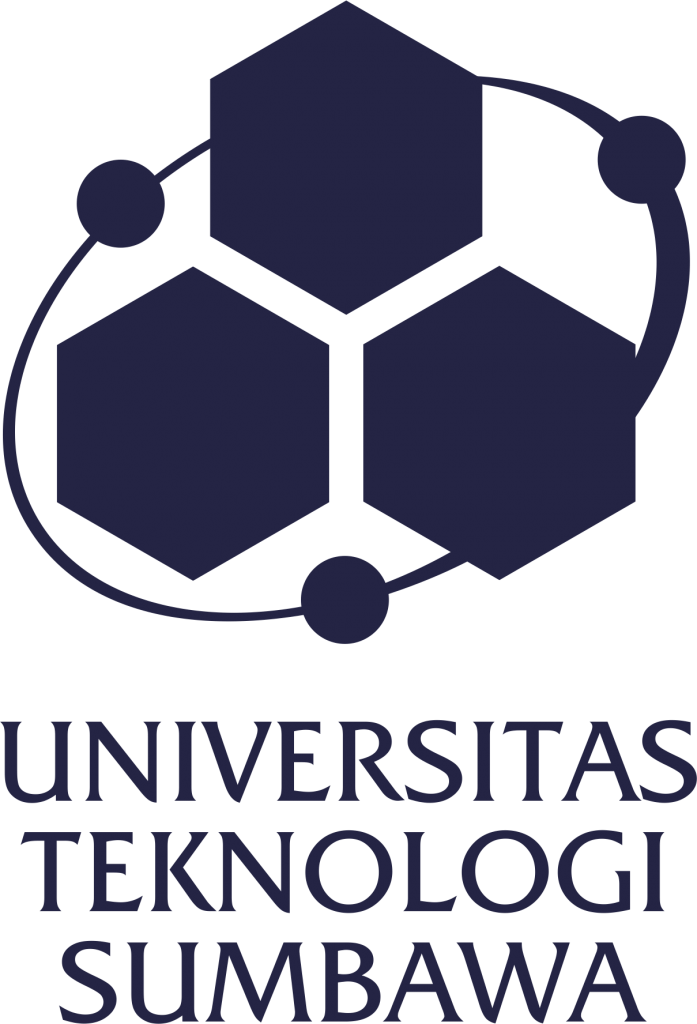The onset of the new year at UTS was marked by two student conferences organized by the Directorate of Research and Innovation, under the coordination of Vice Rector III for Research and Innovation. UTS Publication and Innovation hosted the UTS Student Conference (USC) 2024, an annual event aimed at harnessing the potential of students and faculty by presenting prior research, journals, and final assignments. This initiative aims to generate more innovative solutions (Ala UTS or SALUTS). “From Ancient World to Modern Challenges: Intersecting Disciplines for Sustainable Solutions,” the event featured two main speakers: Prof. Timothy E. Scheffler, B.A., M.A, Ph.D., a Principal Archaeologist at tesARCH Services, and Assoc Prof. Dr. Werasak Surareungchai from King Mongkut’s University of Technology Thonburi (KMUTT). The USC took place in a hybrid format, hosted in the STP Multimedia Room and on the Zoom cloud meeting platform, drawing attendance from hundreds of participants.

Within the framework of the event moderated by Fahmi Dwilaksono, the proceedings commenced with an opening address by the rector of Sumbawa University of Technology. The rector of UTS Chairul Hudaya, Ph.D. conveyed several key points related to the overarching theme. In addressing the challenges posed by modernization and the rapid evolution of technology, he emphasized that readiness is imperative for navigating this era, aligning human resource needs with the swift progression of technology. Furthermore,
the field of science serves as a sustainable solution, fostering collaborative efforts among individuals or groups to rejuvenate various scientific domains. This synergy not only generates novel ideas but also gives rise to innovative concepts stemming from diverse scientific backgrounds. Consequently, the resultant work is enhanced, as the amalgamation of knowledge and diversity mutually enriches and complements one another.
The subsequent highlight of the USC 2024 was centered around the presentations delivered by Prof. Timothy E. Scheffler, B.A., M.A., Ph.D., and Assoc Prof. Dr. Werasak Surareungchai. Prof. Timothy took the lead as the first speaker, focusing his presentation on “Teaching the Past, Shaping the Future: Insights into Sustainability from Archaeology.” His discourse emphasized activities that address present needs without compromising the ability of future generations to meet their own requirements. The overarching goal is to establish a framework that ensures continual evolution, not only in the immediate term but extending well into the future. This involves the thoughtful management of activities, striking a balance across social, economic, environmental, and institutional considerations to fulfill the needs of both current and future generations.
Earlier in his discourse, Prof. Timothy elaborated on the rationale behind archaeology providing a long-term perspective, focused on the material record that enables the measurement of efficiency and provides historical analogs to the current balance between people-planet-profit. Noteworthy cultural adaptation trends were highlighted, including specialization, intensification, centralization, nucleation, and stratification. These trends lead to various outcomes such as increasing complexity, costs, innovation, energy investments, or the risk of collapse.
The key takeaways include upholding human values amidst diminishing marginal returns, recognizing and navigating complexity without settling for superficial solutions (satisficing), acknowledging and meeting associated costs, exploring subsidies for financial coverage, strategically repositioning or deferring costs, establishing a nexus between costs and benefits, and finally, undertaking a comprehensive recalibration and revolutionary overhaul of the system.

Aligned with USC’s commitment to fostering collaboration and innovation for sustainable development, the VII National Seminar on Innovation Management (SEMAI) took place on January 9, drawing 121 participants to the Multimedia Room at STP. The event adopted a hybrid format, with 51 individuals present in person, while an additional 70 participants joined virtually from different countries through Zoom. Themed “Research and Innovation Collaboration for Sustainable Development,” the seminar provided a platform to delve into the nexus between research, innovation, and sustainable growth. Distinguished figures in academia and innovation contributed to the event’s vibrancy, sharing valuable insights and perspectives. Noteworthy speakers for SEMAI included Prof. Iwan Jazadi, Ph.D., and Vilma Puriene.
In his impactful keynote address, Prof. Iwan Jazadi, Ph.D., Head of STKIP Paracendekia NW Sumbawa, addressed the potent influence of collaboration between research and education. Prof. Jazadi emphasized the transformative capabilities of such partnerships, specifically noting their effectiveness in seamlessly incorporating technological advancements into diverse facets of academia. He remarked, “Collaboration with education is an innovation in itself, offering a conduit for the seamless integration of technological breakthroughs.”
Introducing an international viewpoint, Vilma Puriene, Director of the Knowledge & Technology Transfer Center at Vilnius Gediminas Technical University in Lithuania, shared her expertise, emphasizing the significance of relationship building in the realm of innovation. Vilma elucidated, stating, “Collaboration is indispensable for constructing robust communities. Effective community building frequently entails hands-on activities, and workshops serve as a formidable tool in this regard.”
In addition to the keynote speakers, the seminar incorporated interactive workshops that offered participants tangible insights into propelling innovation through efforts in relationship-building. With 120 participants representing diverse backgrounds, the event successfully united individuals ranging from academics to industry experts. The hybrid format, which blended face-to-face and virtual attendance, allowed for greater reach and ensured the inclusion of voices from various corners of academia and innovation.
The seminar reached its conclusion with closing remarks expressing sincere appreciation for the robust participation and highlighting the importance of collaboration for sustainable development. Attendees left the event newly inspired, equipped with the understanding that collaboration, innovation, and research are pivotal elements. As the National Innovation Management Seminar draws to a close, it is anticipated that the resonance of collaborative endeavors and enlightening discussions will endure within academic and innovation spheres, catalyzing a revitalized dedication to development through collaborative research and innovation.
